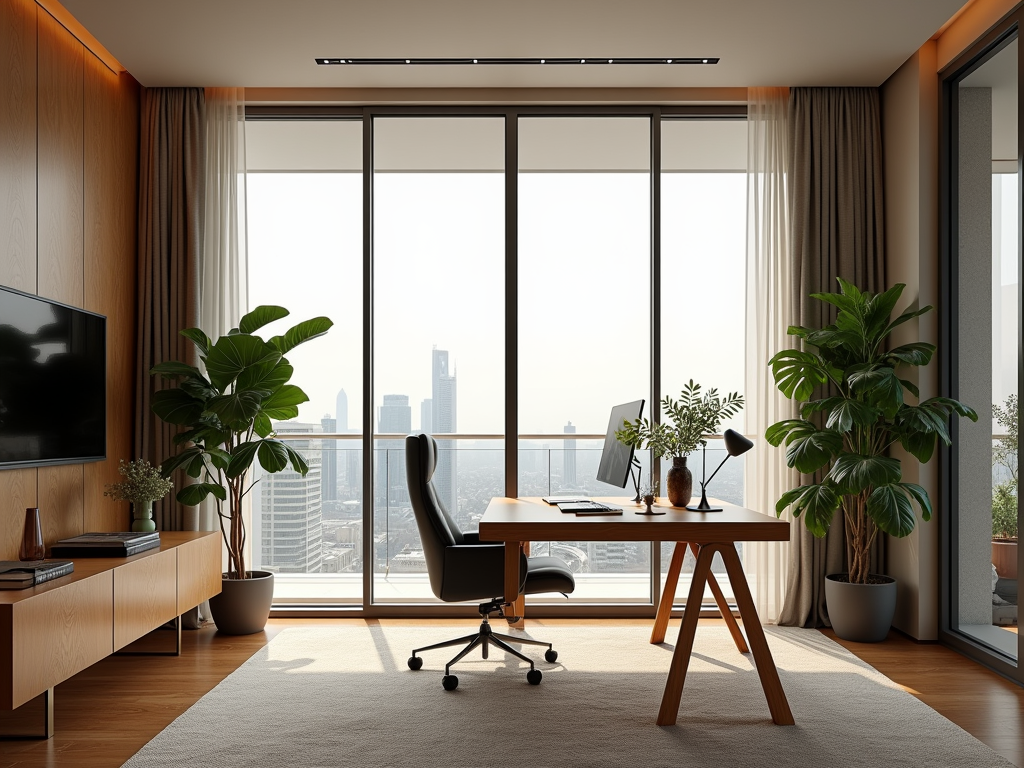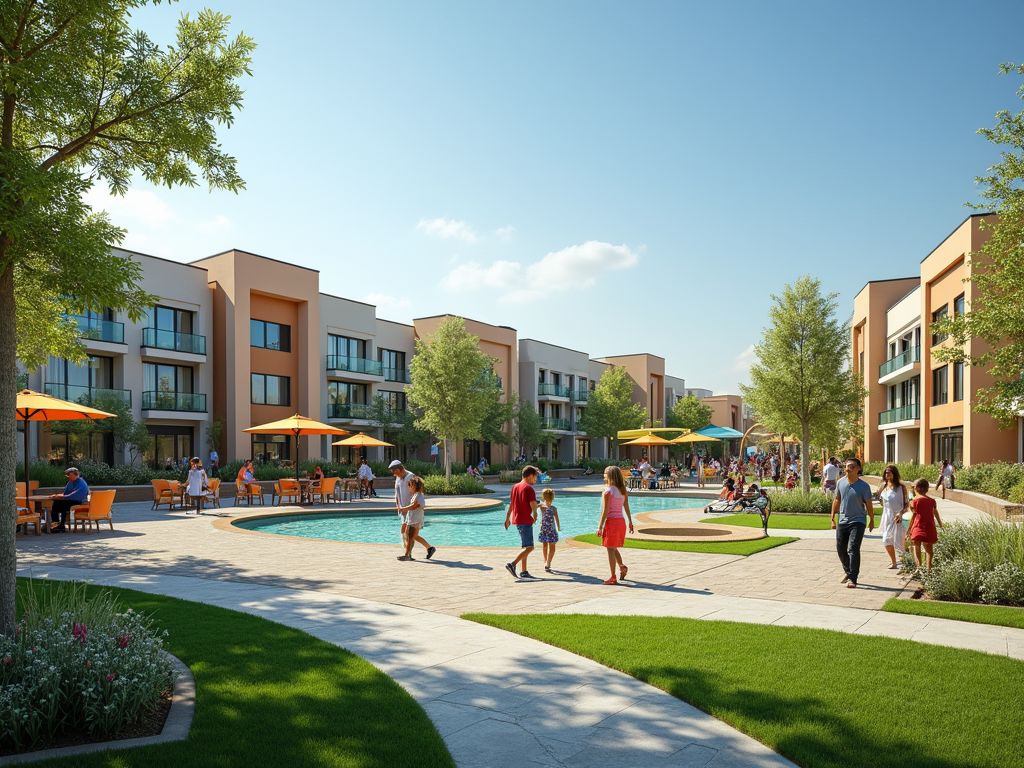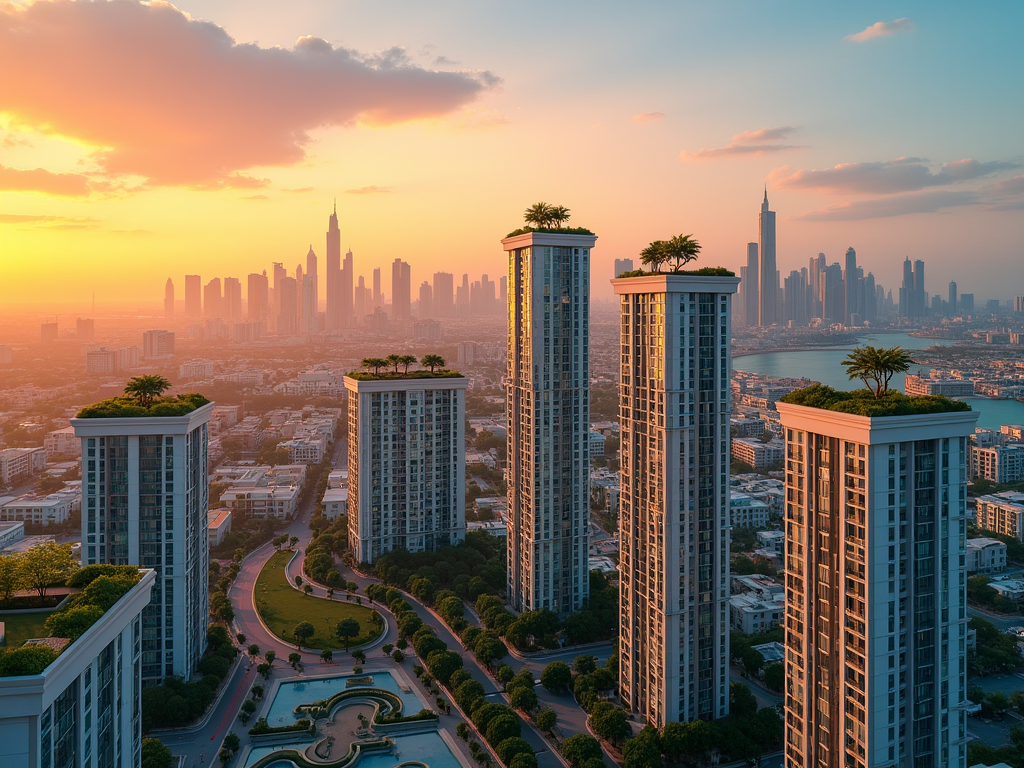Dubai’s real estate market is undergoing significant transformations in response to evolving consumer preferences. Investors and homeowners alike are increasingly seeking properties that align with their lifestyle choices, sustainability values, and technological advancements. This shift is not only reshaping the types of properties that are being developed but also influencing pricing and investment strategies in the region. Understanding these changes is critical for stakeholders looking to navigate the dynamic landscape of Dubai’s property market.
The Rise of Sustainable Living in Dubai

One of the most prominent trends is the growing demand for sustainable living options among consumers. As awareness of environmental issues increases, many buyers are prioritizing eco-friendly features in their property searches. This has prompted developers to incorporate green building practices, energy-efficient appliances, and sustainable materials in their projects. The benefits of these practices not only attract eco-conscious buyers but also offer long-term cost savings in utilities and maintenance. Here are some key features driving demand for sustainable properties:
- Solar energy solutions for reduced energy costs
- Water conservation systems, such as rainwater harvesting
- Energy-efficient lighting and HVAC systems
- Green roofs and vertical gardens for cooling and aesthetics
- Use of sustainable building materials and processes
Shifting Preferences for Residential Spaces

Another notable change is the shift in preferences for residential spaces, particularly post-pandemic. Many consumers now prioritize homes that cater to remote work and offer enhanced personal space. Open floor plans, home offices, and outdoor spaces are sought after features, driving developers to reimagine traditional property layouts. This trend has led to the emergence of mixed-use developments that combine residential, commercial, and recreational spaces, providing a more holistic living experience. Developers are responding by ensuring amenities and spaces meet the demands of modern lifestyles.
In line with the demand for more well-rounded living environments, community amenities have taken center stage. Consumers are now looking for properties that offer a range of services and activities within the community, enhancing their quality of life. The focus has shifted from merely purchasing a property to investing in a lifestyle. Below are popular community amenities that are influencing buying decisions:
- Fitness centers and wellness facilities
- Green parks and recreational areas
- Co-working spaces to cater to remote professionals
- Convenience retail and dining options on-site
- Children’s play areas and daycare facilities
Technological Integration in Real Estate
The integration of technology in the real estate sector has also transformed consumer expectations. Buyers are increasingly looking for “smart” homes equipped with automated systems that provide convenience and security. From smart lighting and temperature control to advanced security systems, technological enhancements are becoming indispensable in new developments. Furthermore, virtual reality (VR) and augmented reality (AR) are enhancing property viewings, allowing potential buyers to explore homes remotely and gain an immersive experience before making a decision. These advancements are reshaping how properties are marketed and sold in Dubai.
Conclusion
Dubai’s real estate market is adeptly responding to shifting consumer preferences, driven by a desire for sustainable living, personalized spaces, community-oriented developments, and technological integration. As buyers become more discerning, the market is evolving to meet these demands, leading to innovative developments that prioritize quality of life. Stakeholders, from investors to developers, must stay attuned to these trends to capitalize on the opportunities presented by this dynamic landscape.
Frequently Asked Questions
1. What impact has the pandemic had on Dubai’s real estate market?
The pandemic has increased demand for properties that provide flexibility for remote work and more spacious living arrangements, leading to a rise in home offices and outdoor spaces.
2. How important is sustainability to buyers in Dubai?
Sustainability has become a key factor, with many consumers prioritizing eco-friendly features, driving developers to implement green building practices in their projects.
3. What types of amenities are preferred by modern homebuyers?
Homebuyers increasingly favor developments with community amenities such as fitness centers, parks, co-working spaces, and retail options that enhance their living experience.
4. How is technology influencing real estate decisions in Dubai?
Smart home features and technological advancements like virtual tours are becoming essential selling points, as buyers seek convenience and modern comforts.
5. What trends are expected to shape Dubai’s real estate market in the future?
Future trends may continue to emphasize sustainability, technological integration, and development of mixed-use communities that cater to evolving lifestyles and consumer preferences.
